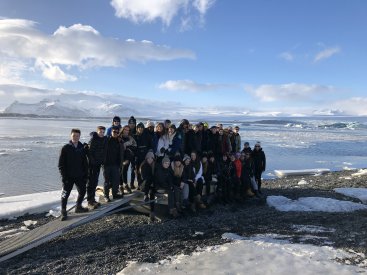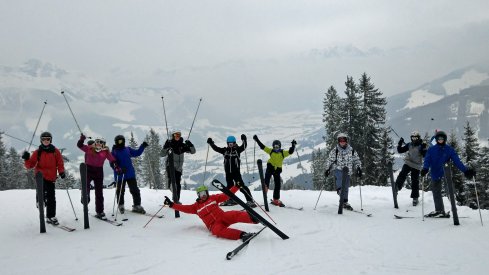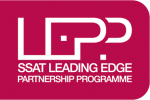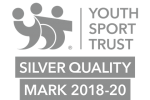Year 7
In year 7 pupils will study 3 themes, 1 each term, that will have practical and exam skills embedded with them.
1. Building blocks
Take a journey from the smallest objects all the way up to how you are made. Learning will cover three key themes:
- A sense of scale Produce something which represents the scale of an organism all the way down to the compounds essential for life then down to the atomic/subatomic level
- Stranded! You have been stranded on a desert island. How will you find the tools & substances you need to survive?
- CSI Use a series of scientific techniques to determine who killed Santa!
2. BBQs & feasts!
Learn the science behind cooking & preparing food, and what happens to it once it is eaten!
- The world’s best fuel You have been tasked by the UK Government to determine which is the best fuel to use for cooking. Complete experiments to determine which fuel is best then write a pitch to convince them.
- Energy transfers Find out how your food is cooked & how your body uses the energy
- The journey of food Produce something which represents the processes involved in cooking & eating your food
3. Green living
The future of our planet is in your hands! Discover how life on earth works, and how we can preserve & improve it for a brighter future.
How many hours will students study science?
At Key Stage 3 students have six hours over the two week timetable which then alters at Key Stage 4 dependent on their choice of Science during options selection.
How are students assessed?
Teachers will be constantly monitoring and giving feedback to students, on a lesson by lesson basis. Students will complete three test based assessments during the year. In terms of content, these assessment are cumulative to support students and preparing for linear examinations at GCSE. Teachers will also be asked to formally mark 3 practical skills each term whether that be a pupils’ ability to construct a method or evaluate an experiment. Alongside this they will formally mark 3 long answer questions that develop pupils exam vocabulary where they have to discuss or compare and contrast key science content.
How will the data from assessments be used by the school?
Teachers will use the data from all assessments and their own personal knowledge of each student to inform what support needs to be put in place to ensure every student achieves their full potential. We also use this information to reward pupils for consistently high levels of effort and academic success.
Where can I find extra support online to help improve my grade in this course?
During this academic year we will be further expanding our new KS3 Virtual Learning Environment which can be found at:
https://sites.google.com/arden.solihull.sch.uk/scienceks3/home
At Key Stage 3 the main importance is that students enjoy science and we would recommend the following websites to follow science news and developments at an appropriate level for students. Also in preparation for end of topic testing we would recommend the following websites:
BBC Bitesize:
http://www.bbc.co.uk/bitesize/ks3/science/
Interactive Free KS3 Science (and other subject) quizzes:
http://www.educationquizzes.com/ks3/science/
BBC Science and Nature:
Science For Kids:
http://www.sciencebob.com/experiments/
Do you recommend any books for this course?
There are no essential books for Key Stage 3 Science and we would recommend any extra science based reading that students find interesting. Regular viewing of BBC science programs on television is also an excellent way of students seeing examples of work they have studied. If you do wish to purchase books to help your child improve their grades in Key Stage 3, the following text books and revision guides are recommended:
Hodder - Progress Science 1 Text Book
- ISBN-10: 147180142X
- ISBN-13: 978-1471801426
Hodder - Progress Science 2 Text Book
- ISBN-10: 1471801446
- ISBN-13: 978-1471801440
Letts - Subject Dictionaries: Title: Science Dictionary Age 11-14 ISBN: 184085457X
















